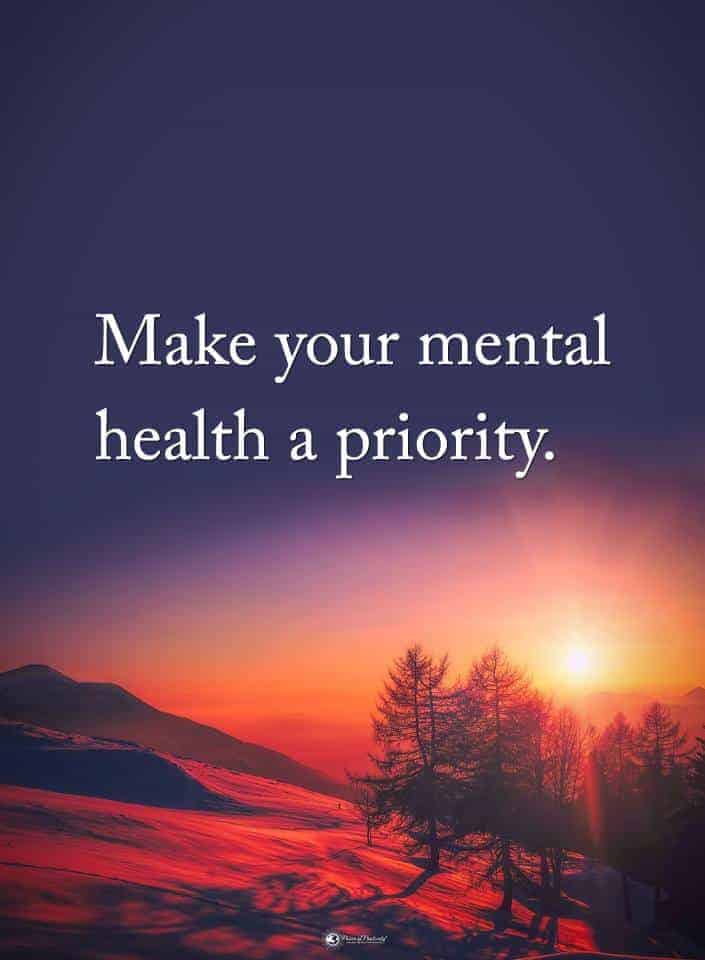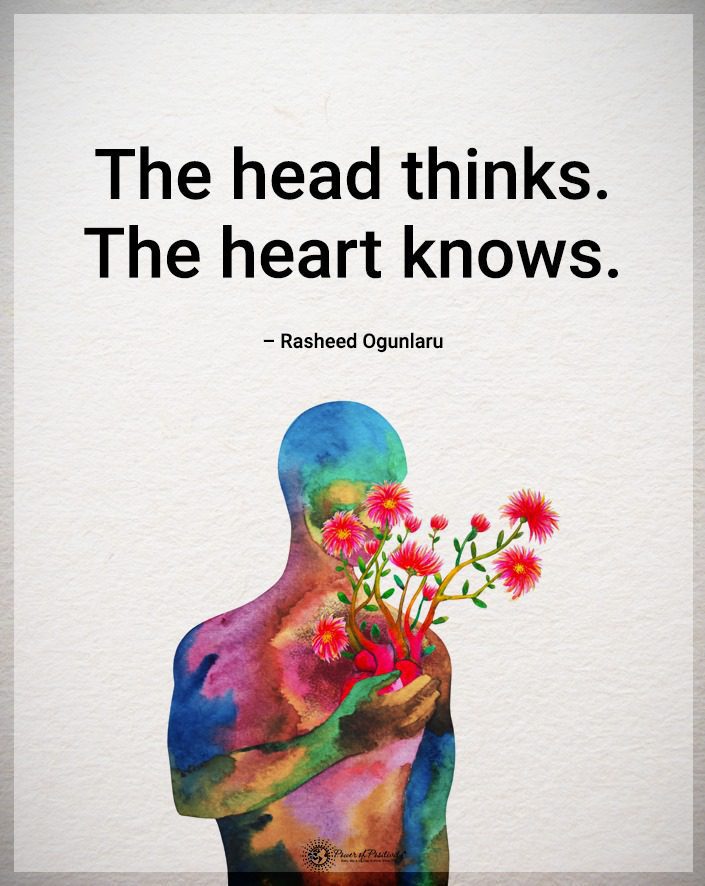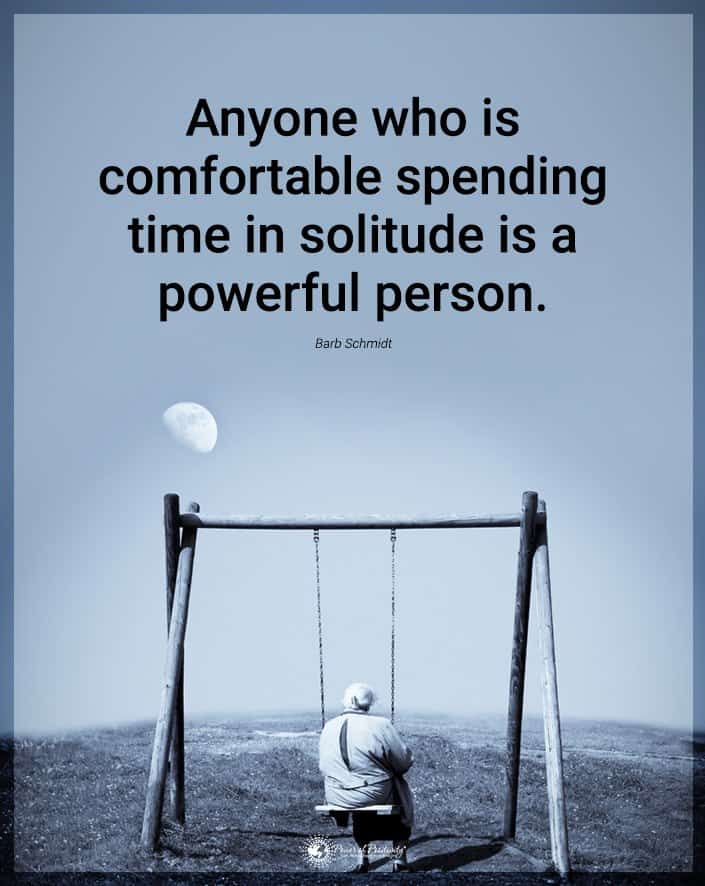Being codependent is a learned behavior that affects your ability to have a healthy, satisfying relationship. It is a behavioral and emotional condition that causes you to maintain relationships that aren’t beneficial to either partner.
This behavior is learned by watching family members that display this behavior and imitating it. Any dysfunctional family where fear, anger, pain, or shame is present can cause codependency. Some of the biggest problems that contribute include:
- a family member with any addiction
- physical, emotional, or sexual abuse
- a family member suffering from an illness
Fifteen Signs That Reveal You May Be Codependent
 Codependent people tend to have low self-esteem and look to outside sources for happiness. They struggle with being themselves and feel like they are a reflection of their partner. If you think you might be codependent, you can look for some of the following signs.
Codependent people tend to have low self-esteem and look to outside sources for happiness. They struggle with being themselves and feel like they are a reflection of their partner. If you think you might be codependent, you can look for some of the following signs.
1. You Feel the Need to Be in Control
If you feel the need to control all situations, you might be codependent. You will notice an urge to step in with solutions and advice, even when it isn’t desirable. Plus, you might get frustrated if the other person doesn’t do what you wanted them to do.
You might think they are wrong for making choices alone, even when the situation doesn’t involve you. If you feel the need to be in control, you might also disregard the ideas of others without even considering them.
2. You Want to Know What Others are Doing and Thinking
If you want to know all of the thoughts and actions of someone else, codependency might be an issue. Wanting to know what they are doing and thinking stems from feeling like a reflection of the other person. This shows that you are insecure, which causes dependency in a relationship.
It is normal for partners to know one another’s schedules, but codependency goes further than that. You will want to know every move they make, like going to the grocery store or gas station. Plus, you will constantly ask what they are thinking about and wonder if they are honest about their thoughts.
3. You Feel Responsible for the Actions of Others
Another sign of codependency is feeling anxious or guilty about other people’s problems. You might even feel embarrassed when your partner makes a mistake or says something wrong. This is a form of taking responsibility for their actions, although you can’t control their actions.
4. You Put Your Interests and Needs Aside
If you put your needs and desires aside to focus on other people, codependency might be an issue. While doing this once in a while is normal, doing it all of the time is not. You might even agree to things you aren’t comfortable with to make the other person happy.
In any relationship, you must put yourself first sometimes. You have needs and desires, too, and you shouldn’t forget about them.
5. You Have a Fear of Being Alone
Staying in a relationship that isn’t working is a sign of codependency. If you feel trapped or leave only to get into another unhealthy relationship, it is an indication. Doing this shows that you are afraid to be alone and look to others for fulfillment and happiness.
If you do spend time alone, you might feel frantic or empty. You base your identity on having someone by your side, and you feel incomplete when you are alone.
6. You Do More Than Your Share All of the Time
Doing more than your share all of the time is a sign of codependency for a few reasons. First, you are causing yourself to experience burnout. You can’t do everything alone, and you need help to avoid becoming stressed out.
If you have too many things to do, you won’t adequately complete them, which further contributes to your stress levels. Even still, you will be afraid to speak up and ask for help when you need it. You also likely never say no when someone asks you to do more.
Another reason doing more than your share is a sign of codependency is because it enables your partner. You shouldn’t have to make sure your partner gets up and leaves for work on time. Plus, you shouldn’t have to pack their lunch each day or remind them to do things they should already be doing.
Additionally, you shouldn’t have to call and set up appointments for them all of the time. Your partner isn’t a child, and constantly doing these things for them is enabling their behavior and causing codependency.
Of course, you will want to do these things for your partner sometimes, but it shouldn’t be all the time. Doing things for your partner shouldn’t come at the cost of your well-being and health.
7. You Feel Rejected or Angry When Your Partner Spends Time with Friends
If your partner makes plans with their friends and you get angry, then it is a sign of a bigger issue. You shouldn’t feel rejected or mad because it is healthy for couples to have lives outside of one another. Spending time with friends shouldn’t be an issue, but when codependency is a factor, your partner spending time with others is often a problem.
Additionally, if they have to check in with you often during their time out with friends, you may be codependent. It shows that you are trying to take control and power in the situation. Doing this shows a lack of respect in your relationship and for the friendships your partner has.
 8. You Feel Guilty When You are Assertive
8. You Feel Guilty When You are Assertive
When you express anger or hurt, you might wind up feeling guilty. Likewise, if you speak up for yourself, you might experience guilt then, too. You will begin to suppress your emotions and keep quiet to avoid being assertive.
9. You Have Trouble Setting and Enforcing Boundaries
Everyone should have boundaries, and you shouldn’t feel afraid to set them in your relationship. Telling your partner that you don’t want to do something is essential to a healthy relationship. If you struggle with this, then you might be experiencing codependency.
When you speak up and say that you won’t put up with something, you don’t enforce your statement. You may stick around as the behavior worsens, hurting you in the process and creating anger or bitterness.
10. You Lie to Yourself
Rather than fix issues in your relationship, you ignore the problems and tell yourself everything is okay. You will spend time convincing yourself that it is normal when deep down you know it isn’t.
11. You Let Your Partner’s Mood Affect Your Day
While you’re sure to want your partner to have a good day, you can’t let their bad mood bring you down. You can sympathize and feel bad, but you should also be able to go about your day without a negative mood change.
If your partner’s bad day ruins your day, there might be codependency in the relationship. You might also feel that it is your responsibility to keep your partner happy. Since you can’t control their mindset or mood, though, it is impossible to change it.
You can’t let their mood affect your day. Otherwise, it will hurt your personal and professional life, too.
12. You Feel Unworthy
It could be a sign of codependency if you feel inadequate or don’t believe people that compliment you. You might think you aren’t deserving of the people in your life and the relationships you have.
Feeling unworthy is a sign of codependency because you tend to rely on your partner to make you feel worthy. You want them to see the good in you so much that you diminish your self-worth.
13. You Put Up with Things You Shouldn’t Just to Hold onto a Relationship
Staying with your partner despite their unhealthy or dysfunctional behaviors is a sign of codependency. When you do this, you are risking your mental and physical well-being. An even bigger indication that you may be codependent is if you attempt to minimize the consequences of their detrimental behavior.
14. You Communicate Poorly
If you avoid talking about your feelings or keep quiet to avoid arguments, there may be a codependency issue. You might be uncomfortable talking about your thoughts and feel like they don’t matter anyway. Taking it a step further, you might say things you don’t mean just because the other person wants to hear it.
When you do try to communicate, you might have trouble getting your point across. You may express your emotions in a way that you didn’t intend, too.
You likely feel misunderstood and like your words get incorrectly interpreted. Speaking up tends to lead to arguments, withdrawal, or another form of punishment, so you tend to keep quiet instead.
15. You Need Approval
When you constantly seek the approval of your partner, you might be codependent. Their opinion shouldn’t matter more than yours does, and if it does, it is a good indicator. You likely feel like a reflection of your partner, so you feel the need to get their approval and acceptance.
Another way you might seek approval is by trying to prove that you are worthy of love. You might constantly try to get attention and spend too much time worrying about what they think of you.
 Final Thoughts on Signs That Reveal You May Be Codependent
Final Thoughts on Signs That Reveal You May Be Codependent
If you are codependent, you might not exhibit all of the signs mentioned above. You might relate to only a few of them, and it is still an indicator that you are codependent.
Once you have reflected on your behaviors and determined if these signs apply to you, reach out for help. Therapists can help, or you can spend time practicing mindfulness and focusing on yourself.




















